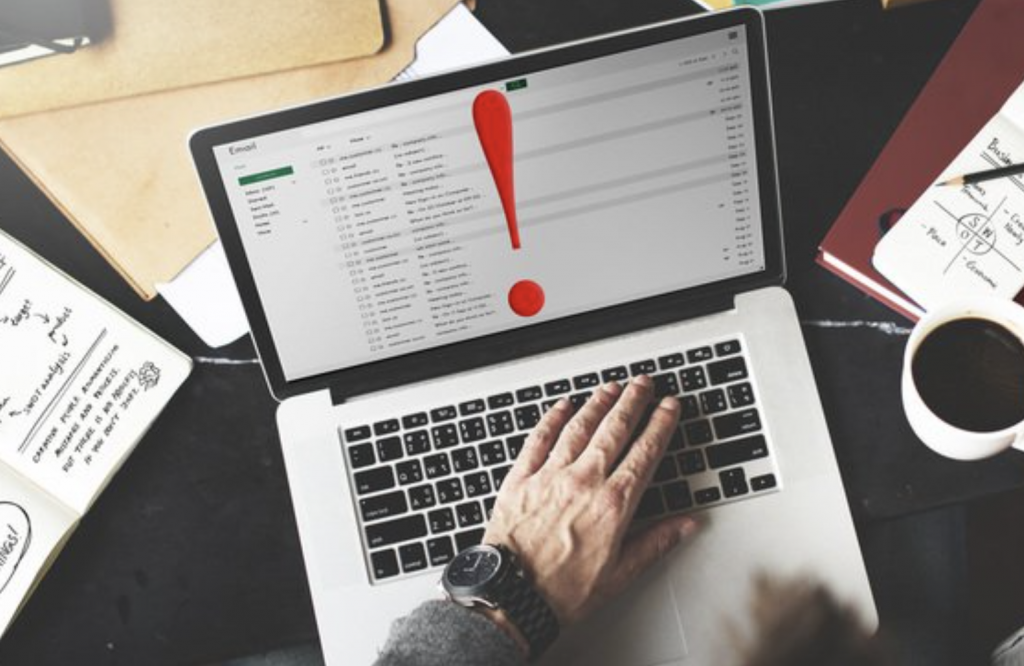You must have received one of those emails that are unknown and include suspicious links and files. If you ever come across similar emails, don’t click on their content because it’s probably a phishing email.
Before getting any deeper, let’s briefly explain what a phishing email is. In short, it’s a scam attempt that is performed through emails. Generally, the attacker aims to manipulate the email receiver to share his personal information, such as phone number, bank account number, credit card information, and some other fraud attempts might ask for the physical address.
Similar emails usually ask to click on attachments or a link copied to the email. Once you download the file or click on the link, your device will get infected with malicious software or redirects you to fill a form the use it to collect your data.
Preventing similar attacks isn’t impossible but requires paying attention to what you click on and checking the source of the email address, besides some other tips that you can follow to prevent similar attacks.
How to Detect a Phishing Email?
According to Several.com experts, you can know whether or not an email is a phishing email by paying attention to the following:
- To earn your trust, a phishing email is most of the time disguised in the name of an official organization or pretending to be a branch of an international company, especially that internet users usually trust similar attacks. In other words, if you receive an email from a reputable company, you’ll rush to open it and find what it is about.
- Emails you don’t really recognize; if you contacted a company or someone that you know, you’d at least recognize their email address. Otherwise, it’s either an advertisement or a scam.
- Poorly written emails: Once an email has a lot of grammar and spelling mistakes, it’s probably a scam. Organizations and companies won’t send you an email before checking that it’s well written and shows the company’s seriousness.
- Emails requiring urgent action usually get anxious about similar emails and rush to save the day by clicking any provided links. Unfortunately, most of those emails are sent to get your personal information.
- A legitimate company will know your name, it might not be one of the most reliable ways to detect a phishing attempt, but you can check it for better security. A phishing email will use general greetings, like “our valued member” or “Dear client.”
You can avoid falling victim to phishing by paying attention to what you click on when checking your email and reading the email carefully before downloading any attachments; that’s simply because they might be a fraud.
We also recommend using trusted security software to protect your device against all types of cyberattacks, including malware, ransomware, and viruses. Additionally, you can install reliable antivirus software to get notified whenever someone tries to get your personal information or in case of any hacking attempts. The good news is also that a good antivirus will immediately eliminate any possible threats before they impact your device.




